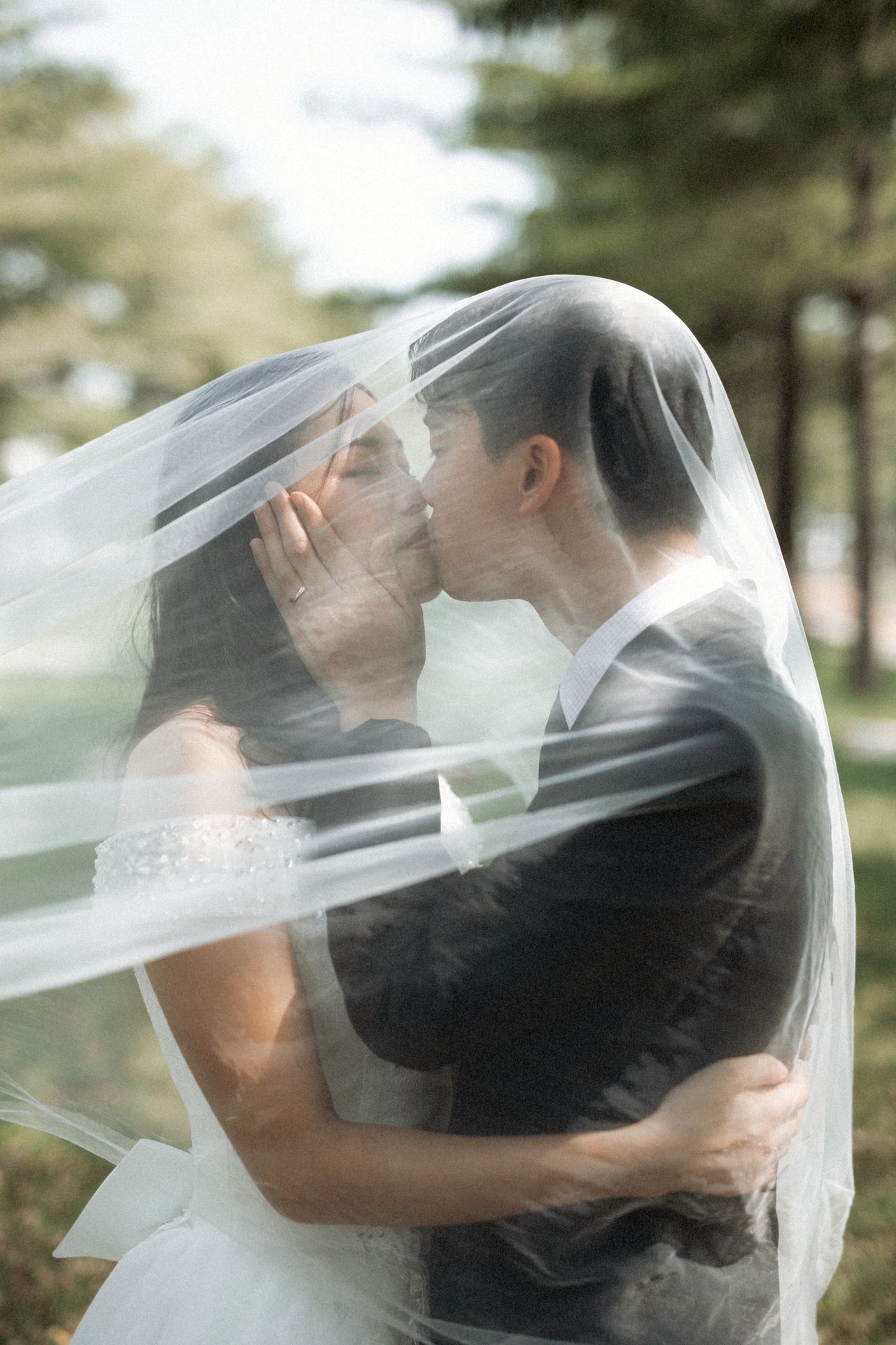5 Communication Skills That Will Improve Your Relationship

In the words of Napoleon Dynamite, “Girls only want boyfriends with great skills!” To expand on the wise words of Napoleon: everyone appreciates a partner with great skills.
Developing sound communication skills is a difficult endeavor. While learning productive communication skills is a challenge in itself, creating a relationship in which both you and your partner utilize effective communication tools can further complicate the process.
To assist in the continued development of your communication skills, here are five ways to continue and progress on the path toward healthy communication in your relationship.

1. Understand Communication Styles
While it can seem like there is often a lack of communication in your relationship, you and your partner might just be communicating in different ways. Because almost everyone communicates differently, understanding communication styles can make it easier to connect with your partner.
Considering how you and your partner communicate can help you understand each other far better. For example, one spouse may use more nonverbal cues, such as touch and body language to show affection towards their partner. However, if their partner is a more direct, verbal communicator, they could find their partner’s nonverbal communication confusing and even frustrating. Likewise, the partner who prefers nonverbal communication could find their partner’s direct communication critical or offensive. With an increased awareness of how you and your partner communicate, you can be more equipped to convey and receive messages from a place of understanding and compassion.
2. Listen
When it comes to communication in relationships, many partners probably think that they are better listeners than they are. However, you may be thinking about how you will respond, about the stressful thing you need to finish at work, or what’s for dinner that night—instead of listening.
If you saw yourself at all in the previous sentence, never fear—you can improve your listening skills with intentional effort. A sage rule is to listen more than you speak; in other words, seek first to understand and then be understood. Taking greater curiosity in one’s partner—listening—can help the partner speaking to feel important, understood, and cared for. Paying attention to the words spoken, as well as the tone and body language, can help us capture more of what our partner is experiencing.
A wise Navajo practice invites the person listening in a conversation to wait 30 seconds before responding to the speaker. This allows the listener to fully focus on the one speaking, including their words and their body language. Then both parties sit in silence, giving the speaker time to add in other thoughts and the listener time to decide how they would like to respond. In the words of Steven R. Covey, this allows the partners to “seek first to understand, then to be understood.”

3. Use “I” Statements
Using “I” statements can help our partner feel less attacked and more willing to listen and change. For example, a person who is frustrated with their partner’s consistency in taking out the trash (or a lack thereof) makes the decision to tell their partner how they are feeling.
The quickest, most common approach might be something along the lines of, “You never take out the trash.” This could lead the partner receiving this comment to feel unappreciated and criticized.
Now, contrast the instinctive first response with an “I” statement approach. The frustrated partner could begin the conversation by saying, “I often feel that I am the only one keeping the kitchen clean. Can we brainstorm some ideas together to keep things tidier?” Not only does the other partner avoid feeling attacked and criticized, but a solution to the problem will come more readily when both partners are working together.
4. Ask Thoughtful Questions
Asking thoughtful questions can show—aside from simply telling—your partner that you care about them. Creating sound communication in relationships includes making it easier for the other partner to communicate more effectively, which can take place by asking these types of robust questions.
 One way to ask more thoughtful questions is to ask open-ended questions. A pensive open-ended question allows the speaker and listener to dig deeper into the verbal exchange. In contrast, closed questions only require a yes or no answer that could quickly end a conversation, such as “Did you have a good day?”
One way to ask more thoughtful questions is to ask open-ended questions. A pensive open-ended question allows the speaker and listener to dig deeper into the verbal exchange. In contrast, closed questions only require a yes or no answer that could quickly end a conversation, such as “Did you have a good day?”
That question, while most likely asked with good intentions, could be answered with one word, not allowing any insight into what happened during your partner’s day. A more thoughtful question can open up the conversation to different experiences that happened throughout the day. A better question to ask might be, “What was the best part of your day?” You could follow up their response with “tell me more” or “what made that such a good part of your day?” These types of questions show your partner that you care about what happened while you were apart, fostering a deeper connection.
5. Share Your Appreciation
Communicating your appreciation for your partner regularly can help create a more open, trusting relationship. Sometimes it’s easy to feel undervalued in a relationship. As such, finding ways to express appreciation to your partner is paramount.
For example, consider setting a goal to compliment your partner once a day to show them love and respect. I know a couple that expresses what positive things they noticed about each other before they go to bed every night. This ritual gives them an opportunity to show appreciation to one another, be vulnerable, and connect on a deeper level.
Text messages, small notes, and spontaneous phone calls that express validation and admiration are an excellent way to help your partner feel remembered and important, even while you are not together. When expressing appreciation, make sure to be sincere and mean what you say. As your partner experiences your heartfelt validation, your relationship can feel more connected.
Start Practicing the Dance Steps
Just like Napoleon spent time practicing for his iconic dance performance, good communication in relationships is also cultivated through time and practice. Although these 5 communication skills can be especially helpful, there may be many other specific communication skills you need to develop. Ask your partner where else you can improve in communication. As you seek to develop your communication skills from this article and other ones, you can connect more with your partner, improve your relationship, and understand each other better.

